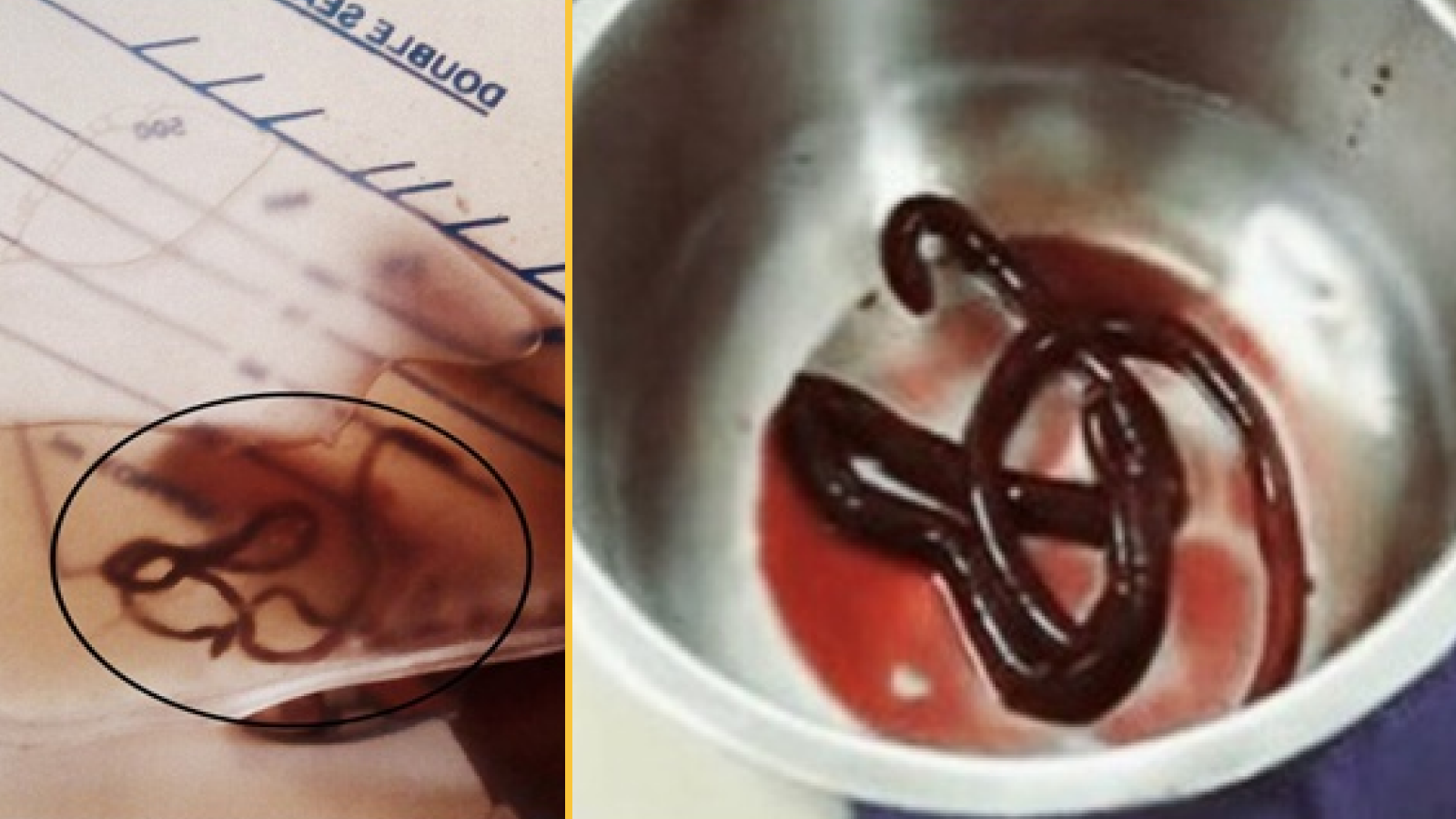Teens Say Heroin Is 'Probably Impossible' to Get

Although the opioid epidemic continues to affect Americans across the country, an increasing percentage of teens think it would not be possible for them to get heroin, even if they wanted to, a new study finds.
In 2014, nearly 50 percent of teens said they thought heroin was "probably impossible" to get, up from 39 percent of teens who said the same in 2002, according to the study.
In the study, researchers looked at data from more than 230,000 teens who took the National Survey on Drug Use and Health (NSDUH), an annual survey on drug use, from 2002 to 2014. [The Drug Talk: 7 New Tips for Today's Parents]
The researchers zeroed in on the teens' responses to one question in the survey: "How difficult or easy would it be for you to get some heroin, if you wanted some?" The possible responses included five options: probably impossible, very difficult, fairly difficult, fairly easy and very easy.
Along with the rise in the percentage of teens who thought getting the drug would be "probably impossible," the researchers found decreases in the percentage who thought the drug would be very easy or fairly easy to get.
The percentage of teens who said they thought heroin would be "fairly easy" to get decreased from 11 percent in 2002 to 6 percent in 2014, and the percentage who thought it would be "very easy" to get heroin decreased from 5 percent in 2002 to 3 percent in 2014, the researchers found.
"Overall, it's cautious good news," lead study author Michael Vaughn, a professor of social work at Saint Louis University in Missouri, said in a statement. "The use of heroin is still a problem, but what you see in the news is generally more applicable to adults and doesn't apply uniformly across all populations."
Sign up for the Live Science daily newsletter now
Get the world’s most fascinating discoveries delivered straight to your inbox.
"The public's view of adolescent drug use in general is, kids are exposed to all kinds of drugs and are using them more and more. But that's not really true," Vaughn added.
Although information for 2017 is not available, "at least among adolescents, there seems to be no reason to believe [perceptions about heroin accessibility have] escalated, even if there may be changes afoot among adults," Vaughn told Live Science.
The researchers also looked at several behavioral characteristics of the teens in the survey.
Teens who said they thought heroin would be "probably impossible" to get were significantly more likely to report that their father lived with them, and that they lived in a small city or a rural area, the researchers found.
In addition, the teens who viewed heroin as "probably impossible" to obtain were less likely than their peers to report using tobacco, alcohol or marijuana, or having any involvement with the criminal justice system, in the past 30 days, according to the study.
The researchers noted that because the study asked the teens only about heroin, it is unclear if the findings also apply to other opioid drugs, including prescription painkillers.
The study was published Feb. 20 in the journal Preventive Medicine.
Originally published on Live Science.

What are mRNA vaccines, and how do they work?
Deadly motor-neuron disease treated in the womb in world 1st











